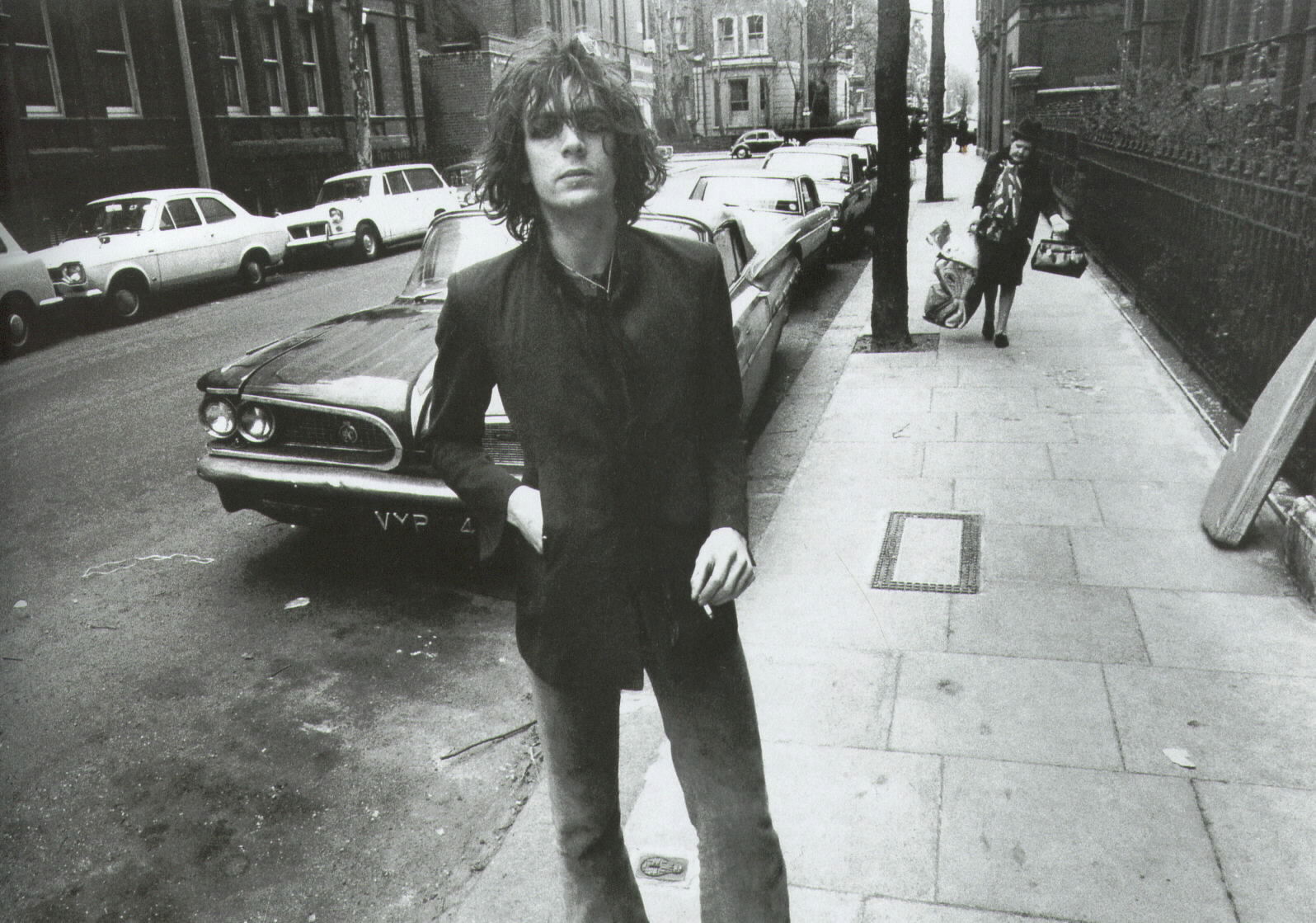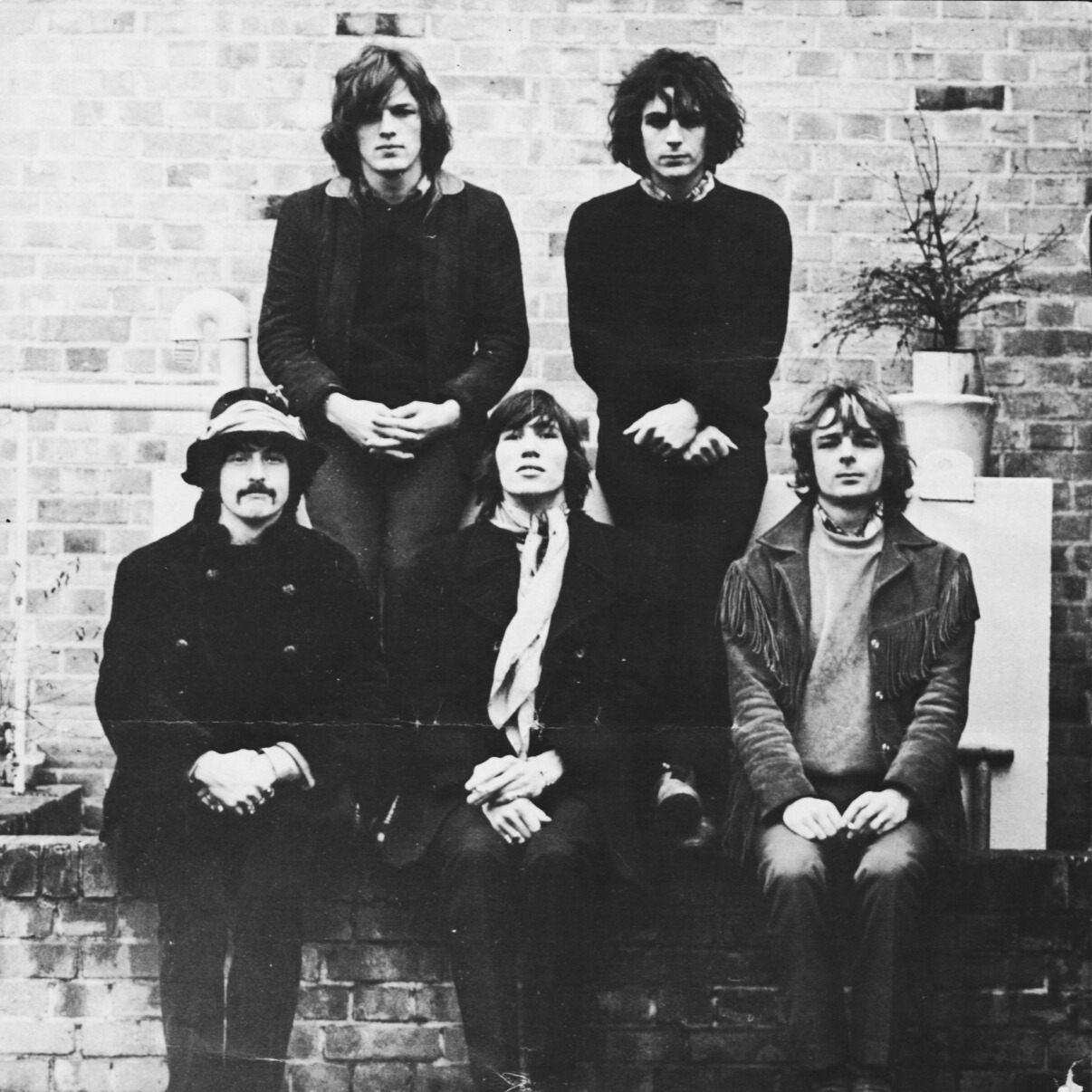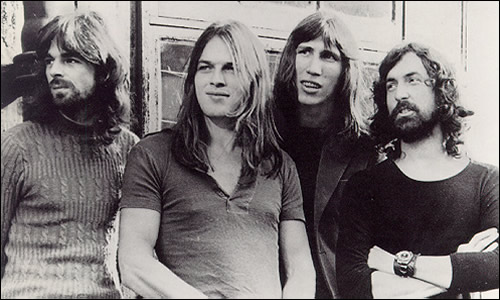Prelude
Hello everyone. This is a new timeline, taking place in the same universe as my Beatles-centered Off-White timeline. This one is centered around Pink Floyd... and the first two posts will really just be intermission #1 from that timeline, since I liked the idea and wanted to build further on it.
1969: The Return of the Crazy Diamond

Pictured above: Pink Floyd playing a live show, 1969.
After the release of the soundtrack More, and playing the live show known as The Man and The Journey, progressive rock band Pink Floyd started work on their fourth Pink Floyd album, tentatively titled Ummagumma. The project was meant to be a double album, with each side of the vinyl being essentially a mini "solo album", with each member doing their own thing with little to no interference from the other members... This would all change as early into the recording as July 9th, 1969.
Pictured above: Pink Floyd playing a live show, 1969.

Pictured above: Syd Barrett, 1969.
"Well, he really just walked in. Didn't announce himself or anything, and just sat in the corner. It took me a while to even notice he was there. (laughs). I really only noticed him when he said something along the lines of... what did he say again? 'Hey I thought weird mouth sounds in a song was my thing!' I was immediately startled, I haven't seen him in almost a year. He said he's been 'getting some help' and wanted back in the (Pink) Floyd. I almost immediately agreed, saying I was happy to have him back. Rick and Dave were a bit skeptical, but decided to just go along with it."
- Roger Waters, 1981
Syd would then go on to participate with recording Ummagumma, contributing a 20 minute song called "Rhamadam". Pink Floyd then decided the album would be a triple album, with Side A being songs they worked on together for the soundtrack of the movie Zabriskie Point, and having a third live disc.
Last edited:












